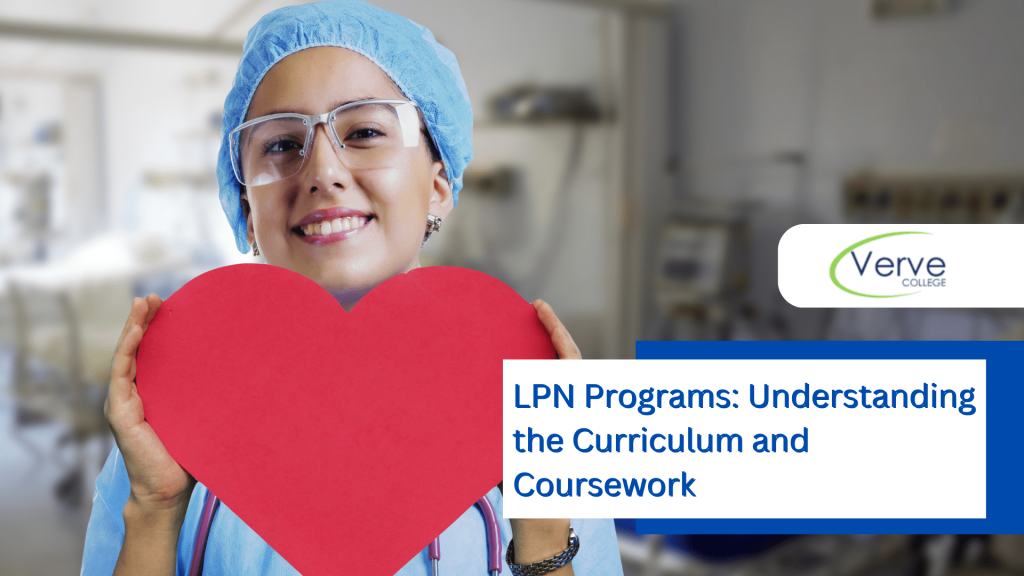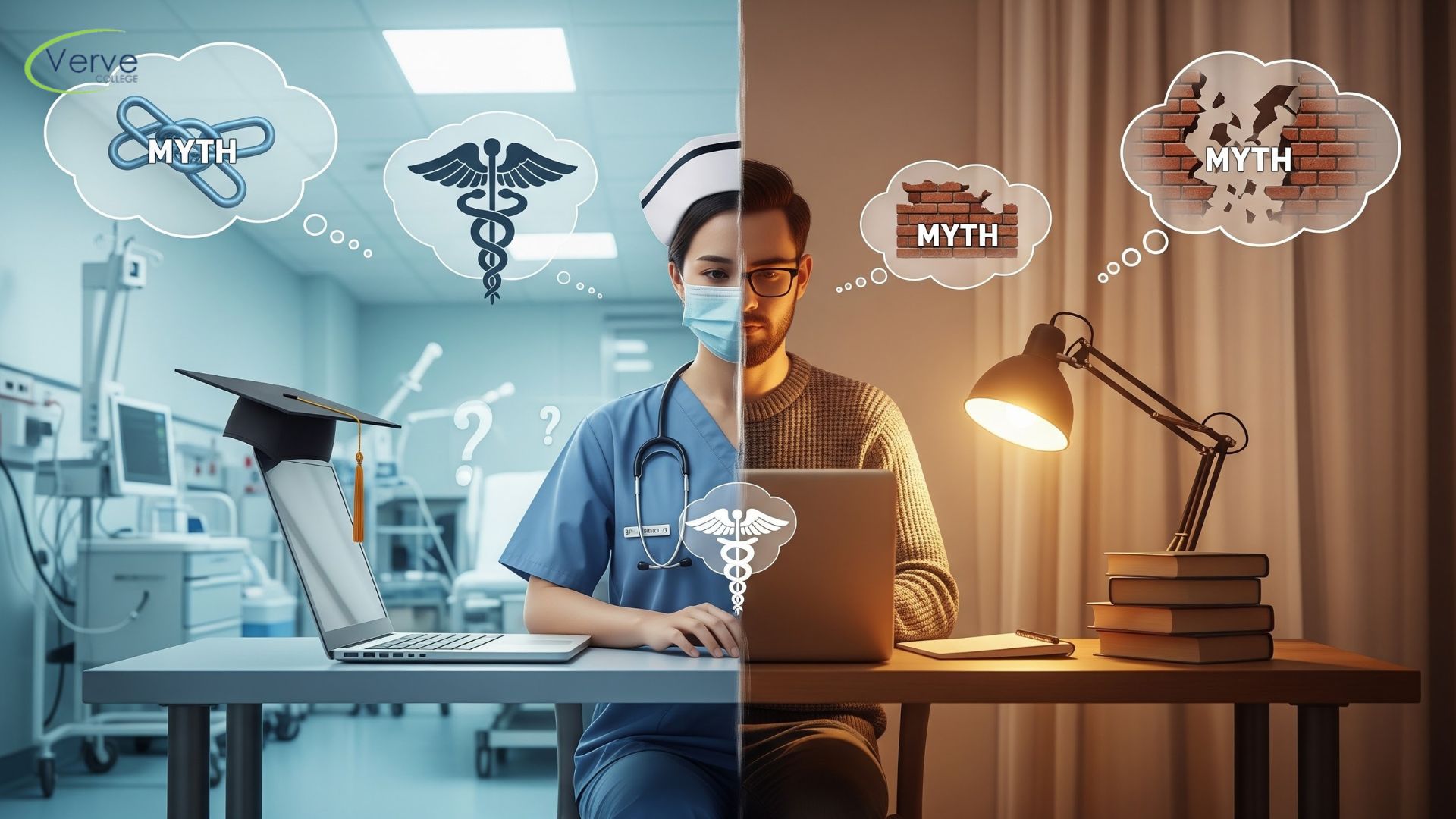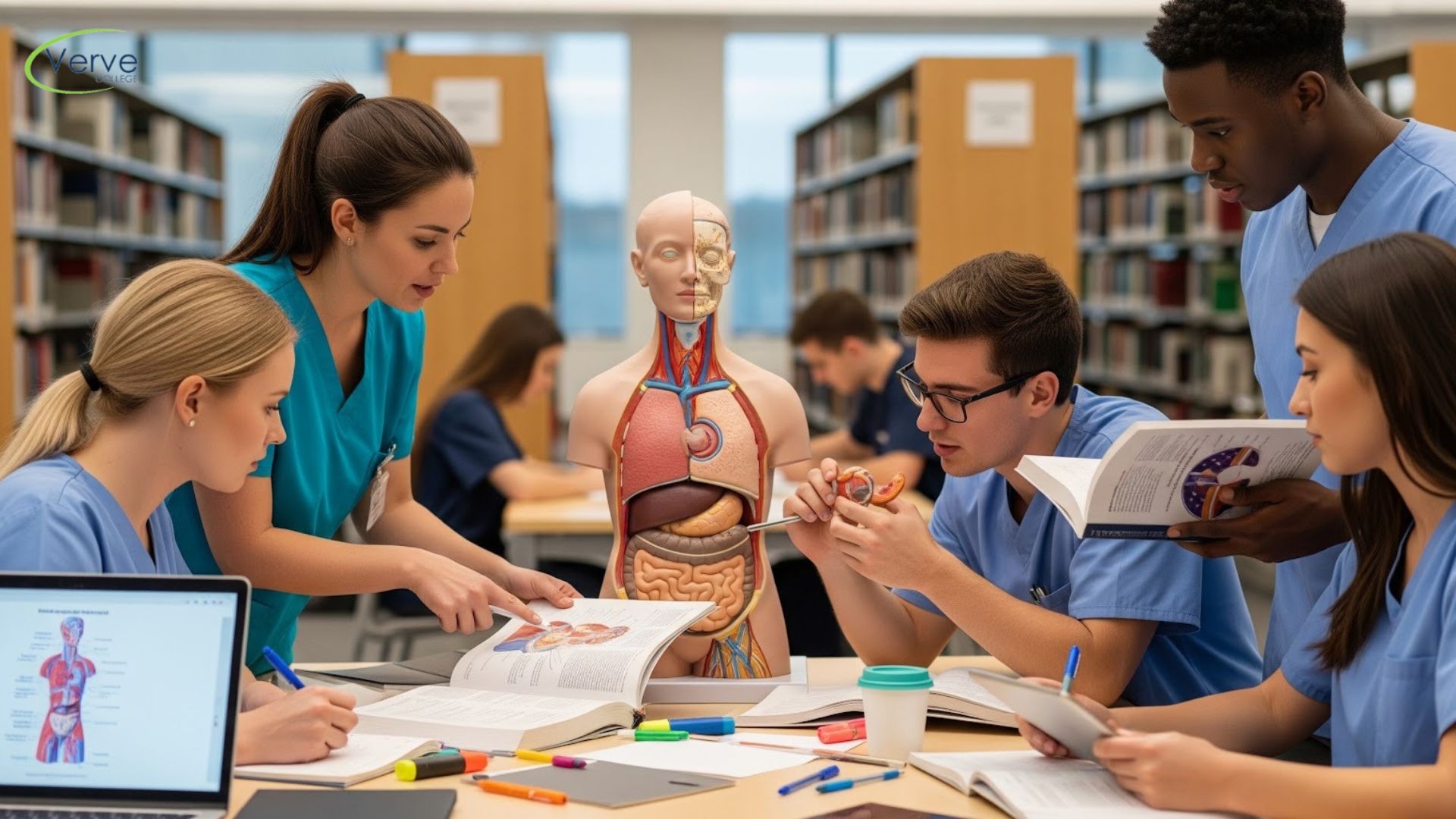- Oak Brook:(630) 705-9999
- Chicago:(312) 920-8822
- Email:inquiry@vervecollege.edu
- Make a Payment
- Home
- Programs
- Admission
- Resources
- ATI Entrance Exam Resources
- New E-Digital Library
- Refer a Friend
- School Newsletter
- Events
- Employers
- Job-Network
- Alpha Beta Kappa Candidates
- Verve College Library
- Graduation and Pinning Ceremony Photo Galleries
- Textbook Information
- Career Services
- Tutoring
- School Catalog
- FAQ
- Constitution Day Program
- Alumni
- Verve College Plans
- Financial Aid
- HEERF Reporting
- Satisfactory Academic Progress
- Apply For Financial Aid
- Net Price Calculator
- Return of Title IV Funds (R2T4)
- Financial Aid Office Code of Conduct
- Contact
- FAQs
- Verification Policy
- Vaccination Policy
- Student Right-to-Know Act
- Misrepresentation
- Information Security Program
- Academic Award Year
- Availability of Employee
- Cost of Attendance
- Health & Safety Exemption Requirement
- Students Rights and Responsibilities
- Leave of Absence
- Pell Formula
- Military Students
- Grants/ Scholarship Policy
- Contact Us
- Testimonials
- Blog
Is a Nursing Career Right For You?
Take The Free Quiz
LPN Programs: Understanding the Curriculum and Coursework
LPN Programs: Understanding the Curriculum and Coursework
To become a licensed practical nurse (LPN), you must complete an accredited program. The average length of LPN programs is 14–15 months. After you are accepted into LPN programs, you must complete the whole curriculum. You may find the exact curriculum varies between many accredited nursing schools (LPN schools) for vocational nurses, depending on where you are attending LPN courses.
Concentrating on these courses’ fundamentals will increase your NCLEX-PN pass rate at the NCLEX-PN exam(National Council Licensure Examination—Practical Nurse). You must pass this test before you may start training as a professional LPN. You will have a higher percentage of accomplishments in the NCLEX-PN test (National Council Licensure Examination—Practical Nurse) if you focus on the basics of these courses. To start your profession as a practical nursing professional in the nursing field, this test must be passed.
This post will give you a general summary of the diploma programs that LPNs can register to become health care professionals. There are so many courses that getting lost in the maze of choices is easy in the nursing industry.
Curriculum For an LPN Program
LPN training combines academic instruction and medical knowledge. Below is a list of what you will learn during the practical nursing programs. This description will help you understand the training academic programs. Thus LPNs must enroll in community college.
Overview of Nursing and the LPN’s Role
It focuses on providing a wide range of information about LPNs, their primary responsibilities in a medical facility, their contribution, nursing components, critical thinking, communication and practical skills with patients and families, and how to communicate with them. The educational program in technical college focuses on nursing and explains how this industry has evolved from its earlier days to today. The training does not simply cover LPN practice but also the processes involved in the nursing process, such as evaluating, analyzing, planning, and implementing.
Related:-LPN Programs with Clinical Experience: Why It Matters?
Nursing Law, Culture, and Ethics
LPNs are highly responsible because they can risk patients’ lives when executing any technique. There must be a legal system that sets the standards. Licensed nurses must adhere to the code of ethics regarding ethical principles, laws, and practices by enrolling in evening classes in the healthcare field.
Anatomy and Physiology
These LPN courses are essential for medical knowledge. It will help you understand the anatomy and the entire body’s systems to provide your patients with high-quality care. This course will teach you the terminology of medical terminology and help you to understand anatomy and physiology for clinical experience.
Assessments: Take a Physical Examination and Take a Medical History
As a registered nurse, you will be able to assist the registered nurse in determining the healthcare needs of patients. An appropriate patient evaluation is essential for planning and executing the medical process taught by experienced faculties.
Body Evolution and Development
An LPN is accountable for providing medical assistance to any age group of patients. LPNS must be informed about the emotional, physical, and intellectual requirements of people of any age. The curriculum is designed to teach the various stages of the body’s evolution and development for high-quality education in the healthcare industry.
Safety for Patient
Patients have the right to be protected. Nurses are responsible for ensuring that the patient is well taken care of in every manner. Various threats include errors that a clinical nurse may make. It is the sole responsibility of an LPN to ensure guidelines for safety.
LPN IV Treatment Course
This clinical training is necessary for venipuncture experts. It also teaches professional skills that can be used to assist with food, pills, and fluids administered intravenously.
- This prerequisite course teaches licensed practical nursing students intravenous therapy. It starts with learning about terminologies like IV catheter and isotonic.
- You will learn about hypotonic, hypertonic, and isotonic intravenous solutions.
- It is important to be patient when learning to make changes in intravenous therapy destined for elderly and pediatric patients.
Our weekend nursing programs with small class sizes cover the characteristics and applications of intravenous catheters and IV treatment clinical components, as mentioned above. The class also covers intravenous flow rates, iv tubes, and blood administration techniques.
Want to Make a Career in Nursing? Get More Information About Our Courses!
Nursing Care for Children ( Pediatric )
Pediatric nursing is an important subset of the nursing profession for understanding any age range. Pediatric nursing addresses the requirements of all individuals, from newborns to adolescents, who can also check patients’ vital signs for a physical assessment. While you will be able to understand the human lifespan in an LPN program, not all students are interested in working in the healthcare industry. This LPN course provides extensive knowledge on nutrition, development, security, anxiety, and other issues.
 Sign up
Sign up Login
Login




